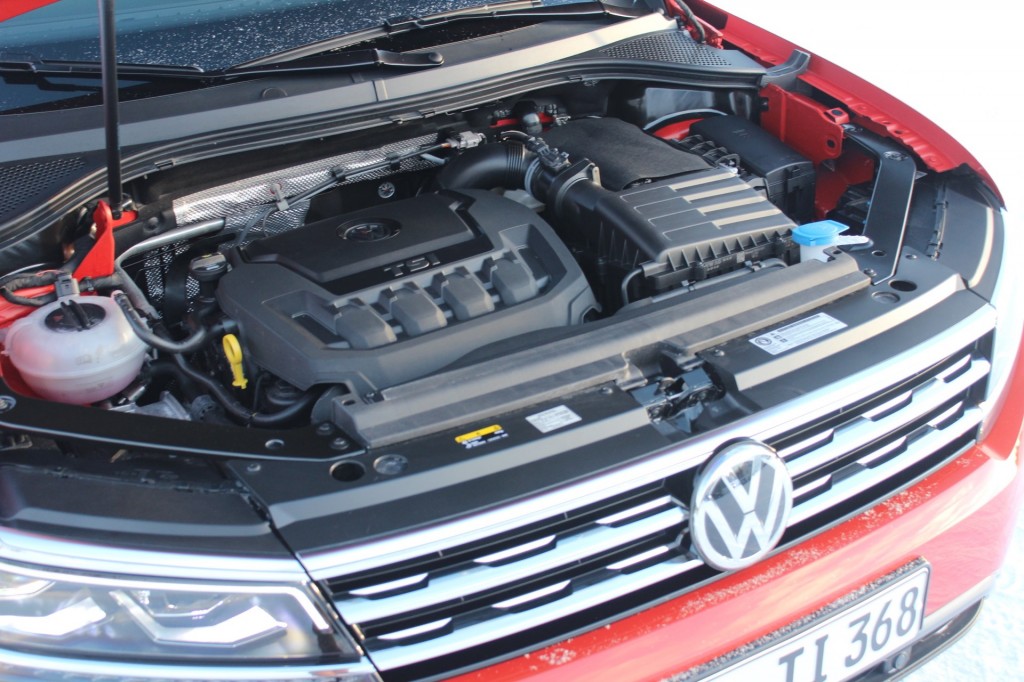Volkswagen has yet to get modifications to reduce the emissions of TDI diesel cars with illegal "defeat device" software approved by U.S. regulators.
But while it continues to wrestle with that problem, VW is undertaking a separate program to reduce emissions from its gasoline models.
Particulate filters are usually employed on diesel powertrains, but Volkswagen plans to roll them out for gasoline engines as well.
DON'T MISS: Consumer Reports urges higher VW diesel buyback amounts
These "gasoline particulate filters (GPF)" will begin appearing on Volkswagen Group models beginning next year, according to a company press release.
Virtually all automakers already use particulate filters in their diesel cars to meet the most stringent emissions standards.
These filters trap particulate matter leftover from the combustion process that would be harmful to humans if inhaled.

2017 Audi A5 first drive
Current emissions limits generally don't require particulate filters for gasoline cars, but Volkswagen believes they will provide some benefit.
The carmaker claims the filters reduce particulate emissions from its direct-injection gasoline engines by up to 90 percent.
VW will begin implementing the use of particulate filters in June 2017.
ALSO SEE: 2017 Volkswagen Tiguan: Compact Crossover Revealed At Frankfurt Auto Show (Sep 2015)
The first models to get them will be versions of the Volkswagen Tiguan crossover equipped with the 1.4-liter TSI 4-cylinder engine, and versions of the Audi A5 equipped with the 2.0-liter TFSI 4-cylinder engine.
Volkswagen will gradually add filters to other models and engines from there.
Meanwhile, Mercedes-Benz is also considering adding particulate filters to its gasoline cars.

2018 Volkswagen Tiguan (Euro-spec) - Preview Drive, January 2016
Back in May, the company announced plans for "large-scale" use of filters after positive test results on the European-market S 500 sedan.
At the time, it did not discuss a detailed timeline for the addition of filters, or specify whether they would be used in cars for all markets.
The Volkswagen announcement was made in concert with confirmation that the carmaker will use Selective Catalytic Reduction (SCR) exhaust aftertreatment systems on all future diesel models.
MORE: Particulate filters for Mercedes diesels to come to gasoline vehicles too
Also known as urea injection, SCR is used by most carmakers to meet strict emissions standards, but was not used on the majority of the TDI models now ensnared in the Volkswagen diesel scandal in the U.S.
The cost and complexity of retrofitting SCR systems has led many analysts to doubt whether cars that lack these systems can be economically modified to meet emissions standards at all.
Details on how VW will modify its various TDI diesel cars, and the effect of those changes on the cars' performance and fuel economy, have not been released, but some updates are now being tested by the EPA.
_______________________________________________












